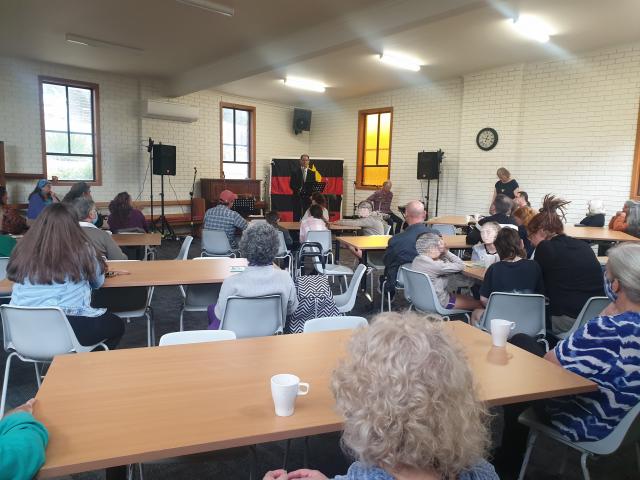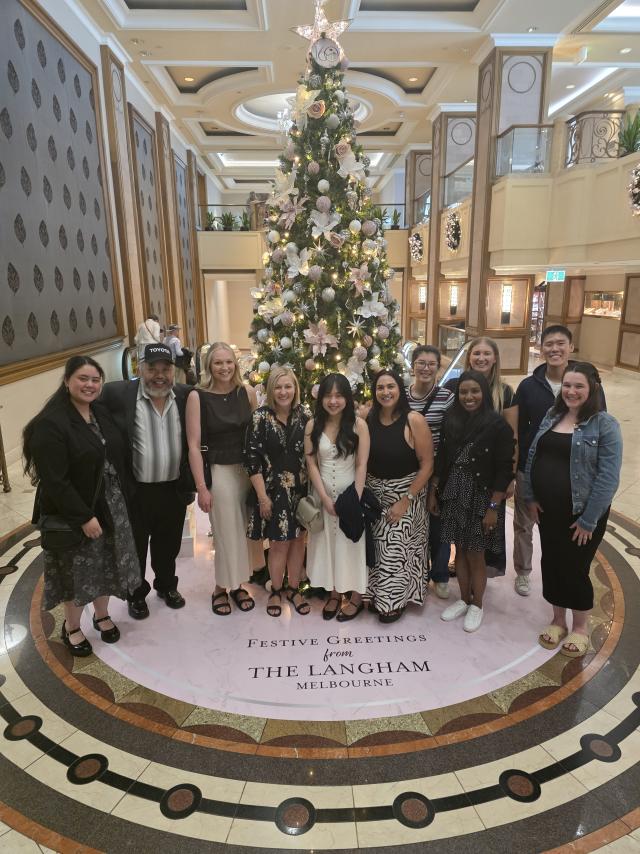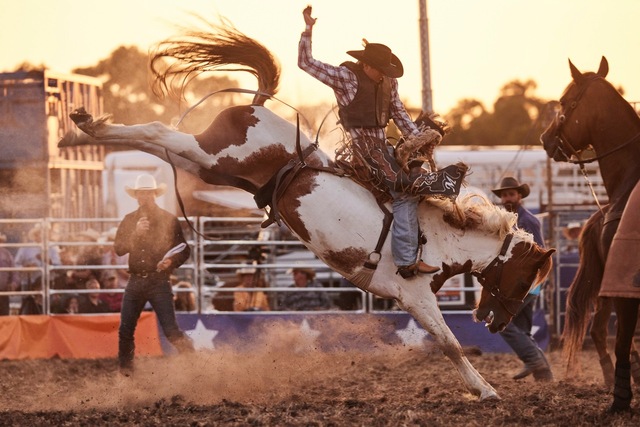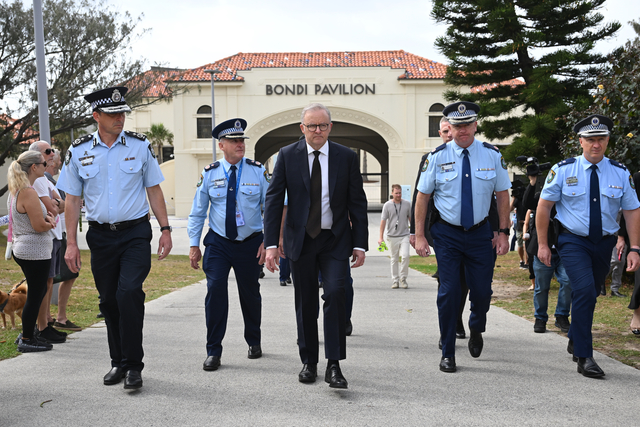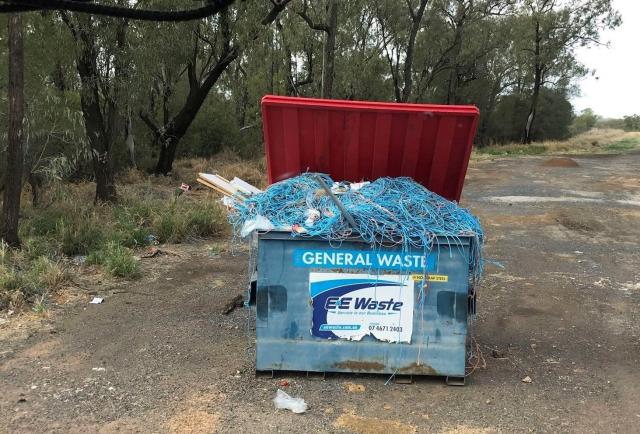Members of the all-black Greens Senate ticket met with the local community and branch members in Casey to detail their agenda for the federal election and answer questions.
Senate candidates Adam Frogley and Lidia Thorpe, along with Casey candidate Jenny Game, were at the Darren Honey Centre in Healesville on 30 April.
Mr Frogley focused on policy when he spoke to those in attendance, detailing plans for the Greens to reduce the costs of education, combat unemployment and underemployment and strengthen the university sector.
“The option as well for secure and ongoing employment, which as a trade unionist is something that I’m very passionate about,” he said.
“We’ve lost over 30,000 staff from the university sector across the board. It has had an incredibly detrimental impact on the higher education sector.
“You can’t live a life where you’re constantly working three casual jobs just to make ends meet. It’s not right, it’s not fair.”
Djab Wurrung woman Sissy Austin and Wiradjuri, nonbinary person Zeb Payne round out the all Indigenous senate ticket, an Australia first.
Ms Thorpe spoke passionately about the challenges facing Indigenous Australians and First Nations peoples.
“I stand here as a survivor, and a matriarch of DjabWurrung, Gunnai and Gunditjmara, and also as a sign of resistance,” she said.
“In 2022 it’s about peace: peace with ourselves, peace with our nation, peace with our land, peace with our animals, in peace with every level of living being and the mechanism to get there is a treaty.
“We are only one of the few countries in the world that does not have a treaty with its people. It’s long overdue.”
Mr Frogley said he would be proud to see a Greens senator elected in Victoria.
“I’m very proud to support Lidia and see her elected as the senator for Victoria on the 21 May,” he said.
“If by some amazing chance and I win Tattsloto and I am elected as well, I will work to ensure the needs of all constituents and of course, their aspirations are recognised.”
Ms Thorpe rejected the use of Registered Aboriginal Party processes as dangerous and said it is used to circumvent the wants and needs of traditional owners of the land.
“It’s a strategy that government use to manufacture consent. Get rid of anyone else who doesn’t like it, we’re only going to deal with a registered Aboriginal Party and this little group of black fella because they will agree,” she said.
“The law of Aboriginal land is to listen to the people whose land it is and learn and then practice it. An acknowledgment to country is a call to action.”

